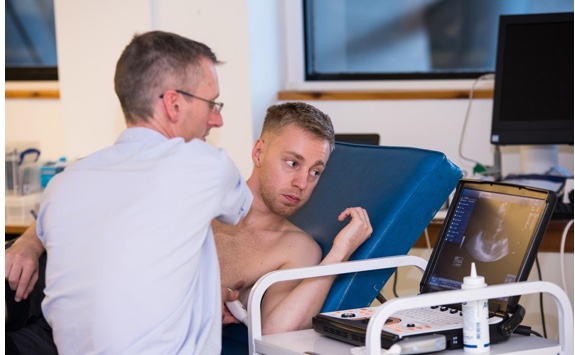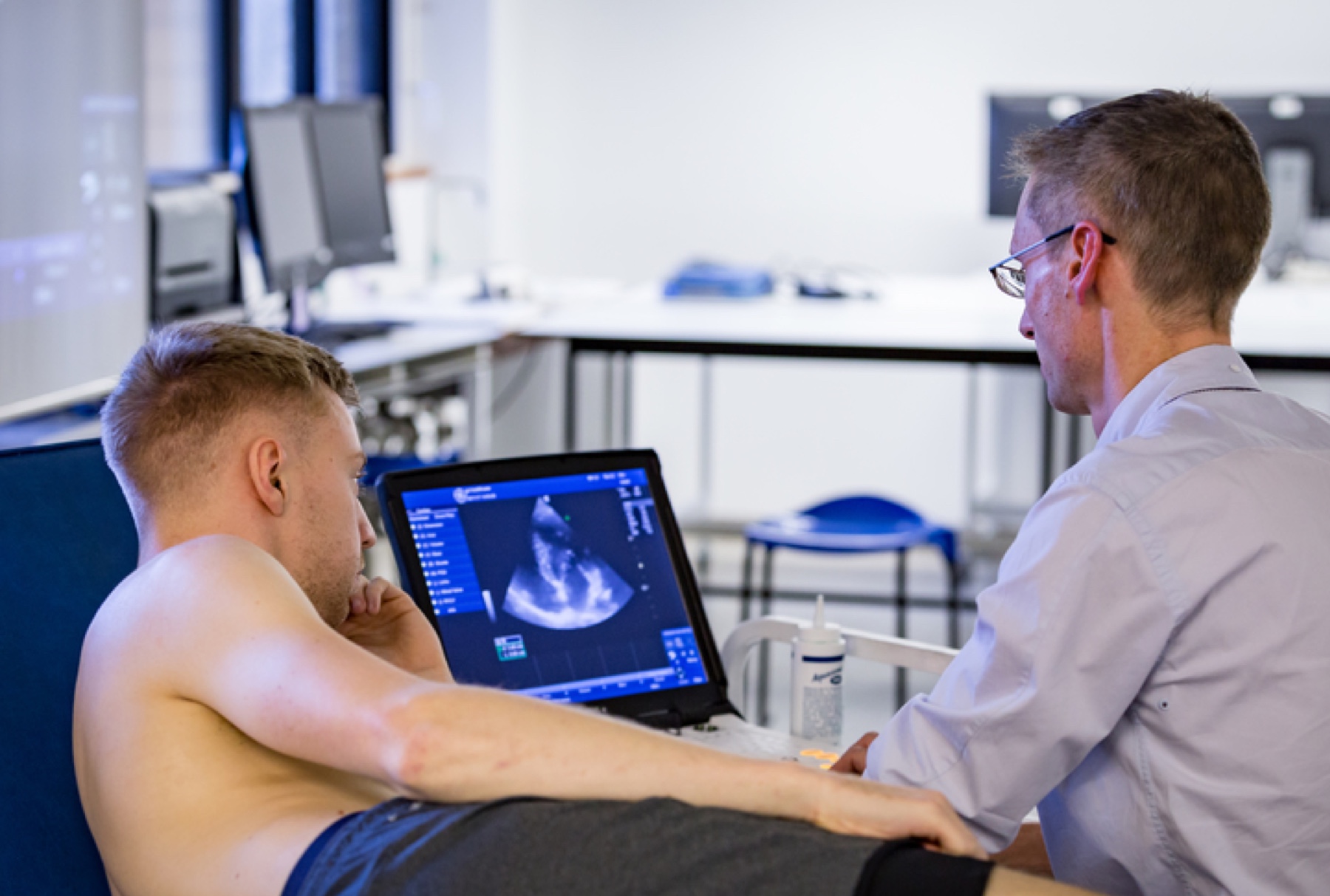Many cancers have potentially preventable causes. Furthermore, when cancer is found, outcomes are better with screening and earlier diagnosis.
In cancer prevention research, we are working across a range of cancers. We undertake research into understanding and addressing preventable causes of cancer.
We are studying:
- early markers of diagnosis and the factors putting individuals at increased risk of cancer
- how to optimise screening and diagnostic processes.
We are running a wide range of studies including:
- use of aspirin to prevent cancer (CaPP3)
- study of risk factors for cancer (COLOCOHORT)
- studies of tools to improve diagnosis (COLODETECT)
The ultimate goal of our cancer prevention research is to prevent cancer and find it at an earlier treatable stage.

Colorectal cancer
We aim to deliver a step change in colorectal cancer research. Our strategy is to build the world’s largest ‘experimental platform’ for colorectal cancer prevention and early diagnosis research. We call this platform COLO-SPEED: Colorectal Cancer Screening Prevention Endoscopy and Early Diagnosis (COLO-SPEED).
Lung cancer group
Lung cancer that presents at late stages prevents curative treatment. By screening, we can detect lung cancer at earlier stages in high risk patients. This does to allow curative treatment. Previous studies have shown that this approach can reduce lung cancer related mortality.
Liz Fuller, a Respiratory Consultant, leads our cancer screening research. She works from South Tyneside Hospital supported by a research fellow. Since 2017, screening has been performed for patients with Chronic Obstructive Pulmonary Disease, who are current or formers smokers, age 55-74 years. GP practices conduct the screening and the results collected by the research team.
Our cancer prevention research includes patient experience of screening. We also research the economic impact of lung cancer screening. This include including an evaluation of this innovative programme.
Cervical cancer
We work to develop and test interventions that improve the uptake of screening.
One of our collaborations is with CERVIVA, an international research programme in the area of HPV associated diseases.
We work to understand what influences cervical screening participation, especially among older women. We want to understanding the unintended adverse effects of screening.
With CERVIVA we are developing interventions to ameliorate the adverse psychological impact of colposcopy and related interventions.
Investigators: Sharp
Head and neck cancer
We explore patients' experiences of symptoms, help-seeking and diagnosis, and what influences this. We are also exploring the role of health literacy in this process.
Investigator: Sharp, Rowlands
Diagnostic route
We use national cancer registration data to investigate route to diagnosis. We want to understand the different timeframes in which patients are diagnosed. We aim to develop statistical models to determine whether diagnostic route and survival are related. Cancers in this work include head and neck, colorectal, breast, lung, prostate, and sarcomas.
